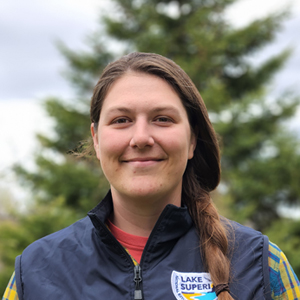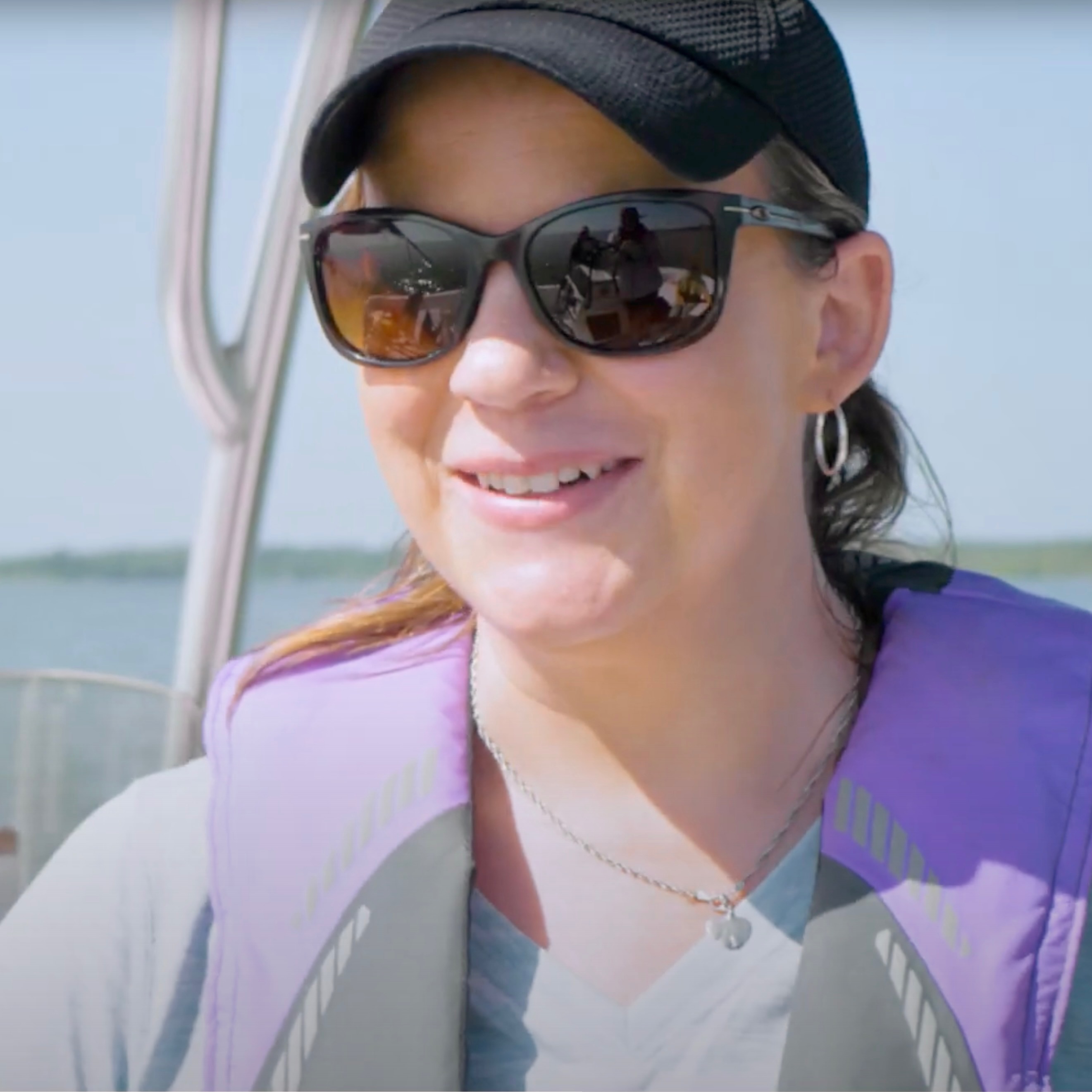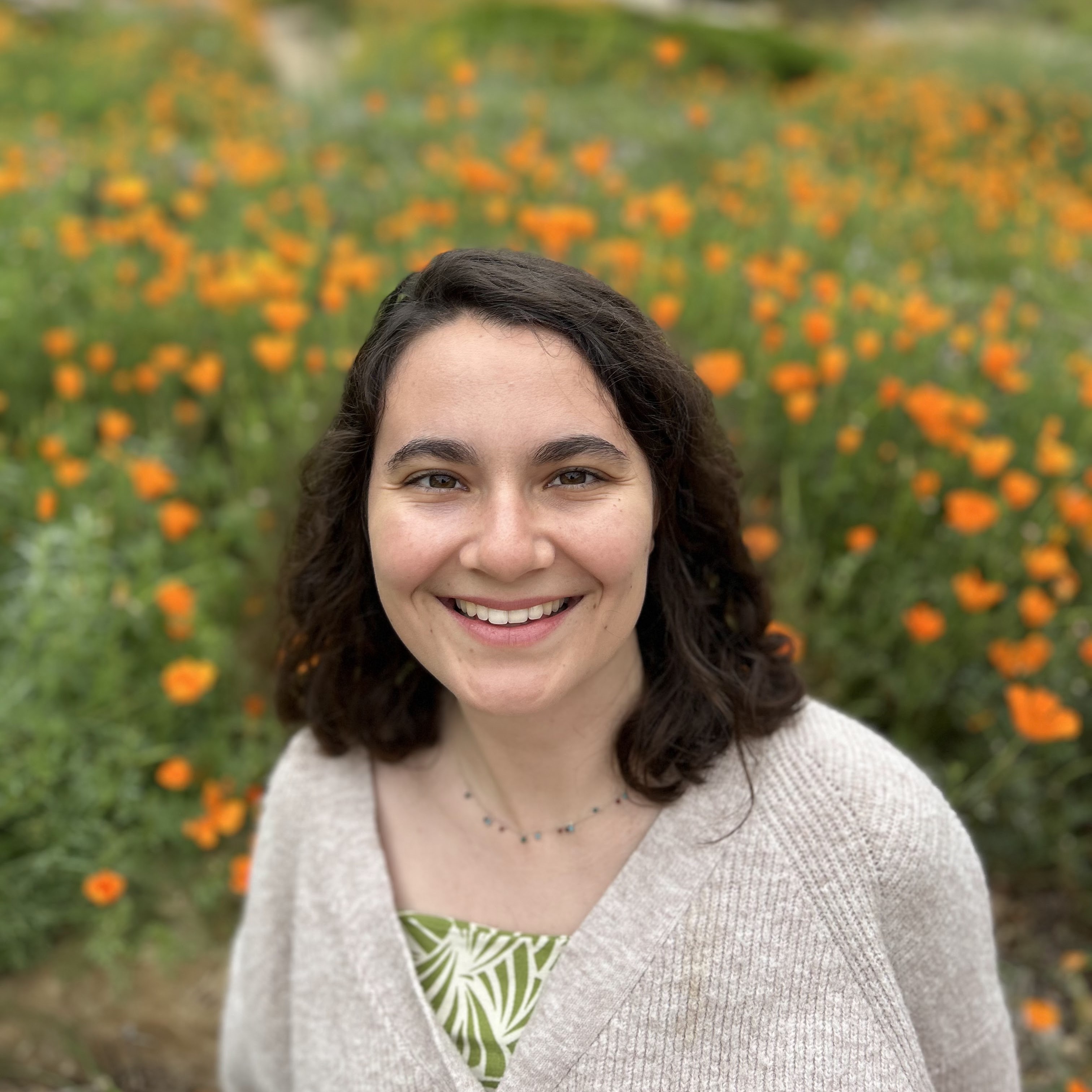
.png)
Collaborative Science Conversations
The NOAA RESTORE Science and NERRS Science Collaborative programs continue teaming up to bring you the voices of project teams from the field through our Collaborative Conversations webinar series. These sessions dig into the unique value of collaborative science, what it feels like in practice, and tips and strategies for success.
- Watch: Full Session Recording (YouTube)
- Explore: Webinar Summary Resources
You’ve probably heard the phrase meaningful engagement. Maybe you’ve even used the phrase yourself. But have you ever found yourself wondering, what exactly do we mean by meaningful engagement and how do we achieve it? Many of us recognize that engaging meaningfully with partners is at the heart of effective collaboration. However, it’s not always easy to define what meaningful engagement is, and what it means in practice.
In this webinar, the NERRS Science Collaborative and the NOAA RESTORE Science Program dived into the practical realities of meaningful engagement and built on the January 2024 NERRS Science Collaborative webinar that provided a framework for understanding meaningful engagement. The webinar featured the voices of two collaborative science project teams who shared their project-specific experiences. Together, we dug into examples of what meaningful engagement is, what it looks like in practice, and what strategies we might use to foster it during collaboration.
About RESTORE: The NOAA RESTORE Science Program was authorized by Congress in the wake of the Deepwater Horizon oil spill to carry out research, observation, and monitoring to support the long-term sustainability of the Gulf of Mexico ecosystem, including its fisheries. The Science Program supports teams of resource managers, researchers, and stakeholders committed to working together to produce science that helps answer the questions resource managers are facing.
Speakers:
 | Hannah Ramage, Lake Superior NERR, WI Hannah Ramage has worked at the Lake Superior Reserve for 7 years as the Monitoring Coordinator. She oversees the System-wide Monitoring Program in the St. Louis River Estuary in Superior, WI. She mentors students, conducts water quality research, and works closely with partners on how best to collect and use data to the benefit of all estuary users. Currently, she is the project lead on a Collaborative Research grant aimed at creating a more targeted and efficient monitoring plan to detect algal blooms and hypoxia in the estuary. |
 | Laura Reynolds, University of Florida Laura Reynolds is an assistant professor in the Soil, Water, and Ecosystem Sciences Department at the University of Florida, where she is engaged in education, research, and extension. She leads a group of graduate students, postdocs, and scientists who conduct research that focuses on biodiversity and stability of aquatic plant based ecosystems primarily seagrass meadows. The team’s extension work ensures that this research gets effectively communicated and used by those folks managing and restoring aquatic ecosystems. |
 | Arianna Stokes, NERRS Science Collaborative Arianna Stokes is a research associate with the NERRS Science Collaborative. Her work with the Science Collaborative helps support opportunities for peer-to-peer learning, the development of collaborative science resources, program communication, and data archival. Prior to this role, Arianna completed a graduate degree at the University of Michigan where she worked with the Science Collaborative to research meaningful engagement practices used in collaborative science projects across the NERRS network. |